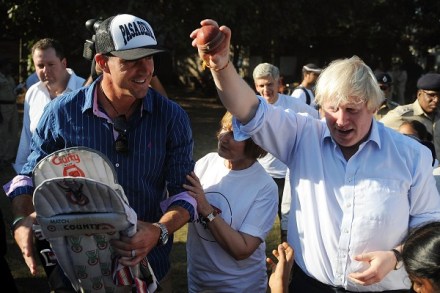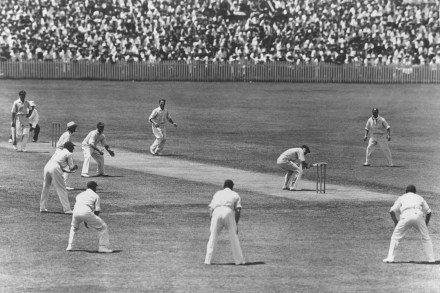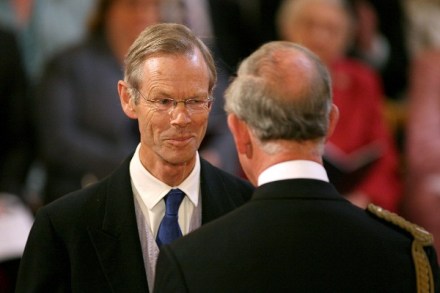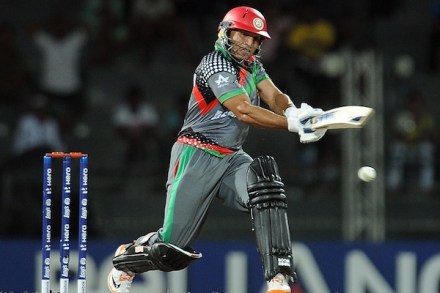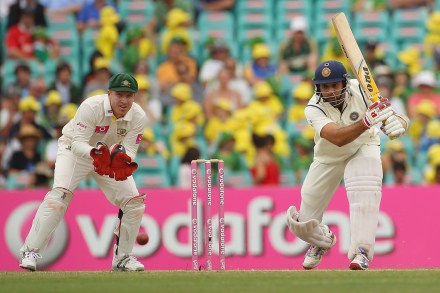Mike Denness and an All-Time Scottish Cricket XI
Mike Denness, who died yesterday, could credibly claim to be the finest Scots-reared cricketer of the past 50 years. That is not, at least not quite, as small a claim as you may think. Cricket in Scotland is a game of perseverance played on the edge of possibility. Even the most devoted flanneled-fool sometimes wonders if all the shivering and frustration is really worth it. In a nation scarcely over-freighted with sunshine of either the figurative or literal variety, cricketers cannot avoid being optimists. The climate and, it must be said, the culture is against them. Few things vex the Scottish cricketer more than the accusation that there is something




